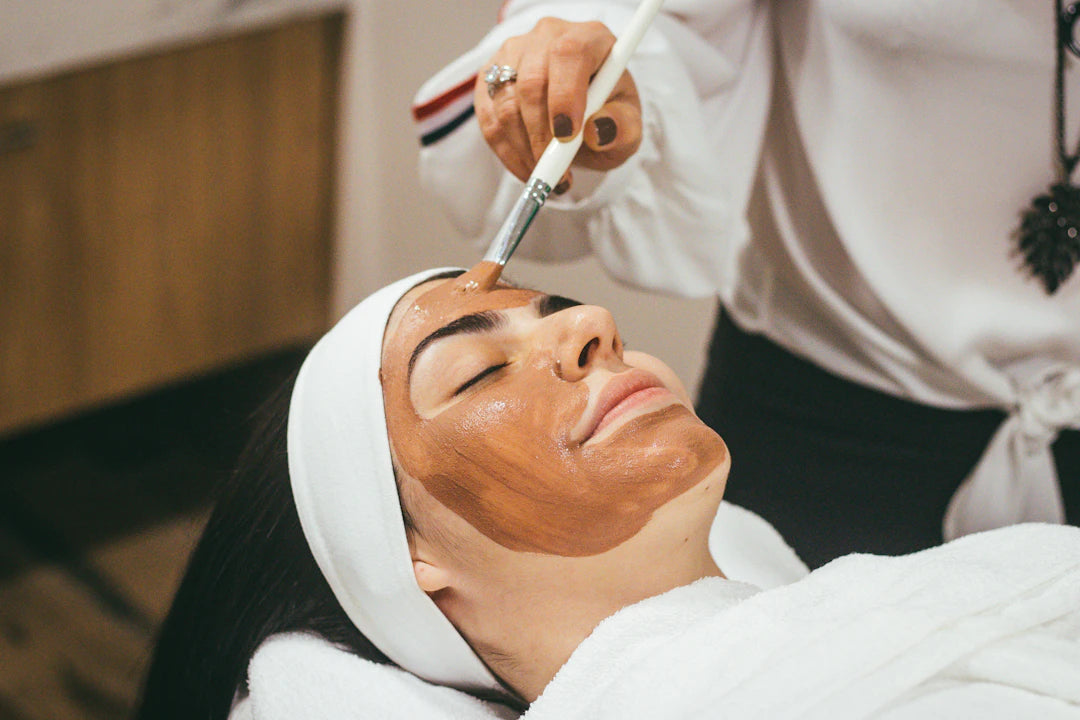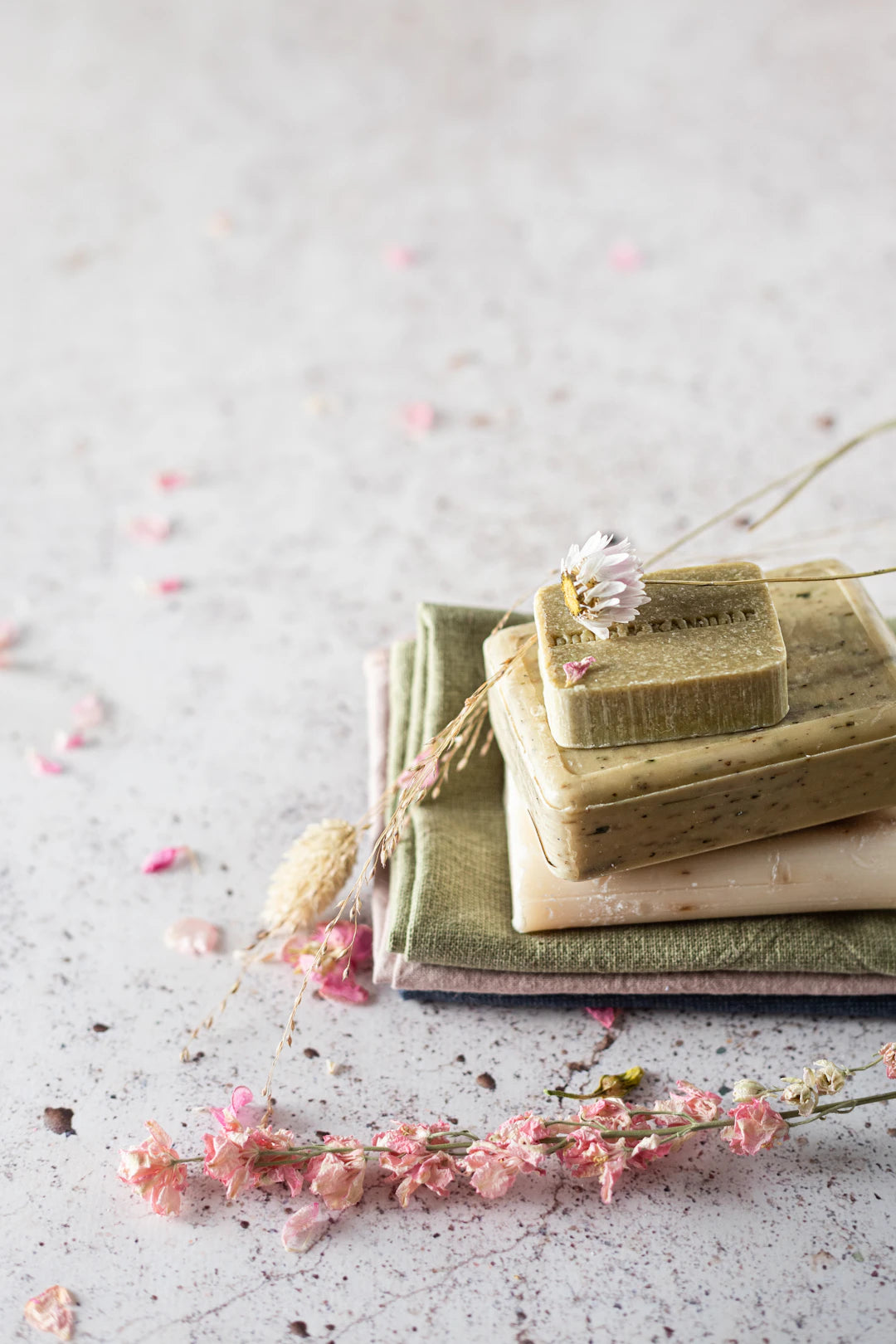Skincare Myths Debunked: The Truth Revealed

Frequently Asked Questions
1. What are some common skincare myths that this blog debunks?
2. Why do people think oily skin doesn’t need moisturizer?
3. Is it true that you can erase wrinkles overnight?
4. Does a higher price tag always mean a better skincare product?
5. Is microdermabrasion painful and how does it differ from chemical peels?
In a world filled with countless skincare tips and tricks, it can be overwhelming to sift through the noise and find what truly works. Skincare myths are not only misleading but can also hinder your journey to achieving healthy, radiant skin. Today, we’re diving deep to debunk some of the most common skincare myths and separate fact from fiction. Whether you’re in your twenties or forties, understanding the science behind skin care can help you maintain a youthful glow and fight against aging. So let’s get started!
Understanding Skincare Myths
Skincare myths often arise from anecdotal experiences, outdated information, or simply misunderstanding how skin functions. Unfortunately, these misconceptions can lead to improper skincare routines that may damage your skin in the long run. Let’s take a look at some of the most persistent skincare myths and the truths that lie beneath them.
Myth 1: Oily Skin Doesn’t Need Moisturizer
Many people believe that if their skin is oily, they can skip moisturizer. This isn’t the case! Oily skin still requires hydration. When your skin is dehydrated, it can produce even more oil to compensate. The secret is to choose the right moisturizer; look for lightweight, non-comedogenic products that won't clog your pores.
Myth 2: You Don’t Need Sunscreen on Cloudy Days
Sun exposure is one of the leading causes of premature aging and skin damage. Even on cloudy days, up to 80% of UV rays can penetrate the clouds. Applying sunscreen daily protects your skin from harmful rays and is vital for an effective antiaging strategy.
Myth 3: Natural Products Are Always Better
While many natural products can be beneficial, not everything labeled as "natural" is automatically good for your skin. Some natural ingredients can cause irritation or adverse reactions, depending on your individual skin type. It’s essential to research individual ingredients and understand how they interact with your skin.
Common Misconceptions About Antiaging
Antiaging products, treatments, and routines often come with their own set of myths. Many people fall prey to these misconceptions while searching for the fountain of youth. Let’s debunk a few that might be affecting your skincare regimen!
Myth 4: You Can Erase Wrinkles Overnight
If only it were that simple! While certain treatments can reduce the appearance of fine lines and wrinkles over time, it’s unrealistic to expect instant results. Regular use of effective antiaging products, such as retinoids, can help promote skin cell turnover and gradually reduce wrinkles, but patience and consistency are key.
Myth 5: The Higher the Price, the Better the Product
Just because a product has a high price tag doesn’t mean it’s more effective. Many affordable skincare products are packed with powerful ingredients that deliver excellent results. Look for clinical studies or reviews rather than assuming a higher cost equals higher quality.
The Truth About Microdermabrasion
Microdermabrasion has gained popularity as an effective exfoliation treatment. However, it’s surrounded by myths that can mislead potential users. Understanding the truths about microdermabrasion can help determine if it’s the right choice for you.
Myth 6: Microdermabrasion Is Painful
Many individuals hesitate to try microdermabrasion due to the fear of pain. In reality, the process is generally painless and may even feel like a gentle scrub. Some might experience a slight redness, but it typically subsides quickly.
Myth 7: Microdermabrasion Is the Same as Chemical Peels
While both microdermabrasion and chemical peels are exfoliating treatments, they function differently. Microdermabrasion involves physically exfoliating the skin while chemical peels use acids to remove layers of dead skin cells. Your skin type and skincare goals will help you determine which treatment is right for you.
Decoding Skincare Ingredients
The ingredients in your skincare products can often be intimidating. With an array of names, it’s easy to feel confused about what’s beneficial. Let’s clarify a few popular ingredients that are often misunderstood.
Myth 8: Alcohol in Skincare Is Always Bad
While some alcohols can be drying, not all alcohols are harmful to the skin. Fatty alcohols, such as cetyl and stearyl alcohol, can actually act as humectants and help moisturize the skin. It’s essential to read labels and understand the different types of alcohol used in skincare formulations.
Myth 9: Exfoliating Every Day Is Essential
Exfoliation is vital for healthy skin, but moderation is key. Over-exfoliating can strip the skin of its natural oils and lead to irritation or breakouts. Most experts recommend exfoliating 1 to 3 times a week, depending on your skin type and the method of exfoliation used.
Final Thoughts for Glowing Skin
As we have explored, navigating the world of skincare can often lead to falling for misconceptions that may not serve your skin well. By debunking these myths, you’re now armed with the knowledge to make informed decisions about your skincare routine. Remember, every skin is different, and what works for one person may not work for another. Listen to your skin, consult skincare professionals when necessary, and embrace a routine that nourishes and protects your skin. Glow on, skincare warriors!


